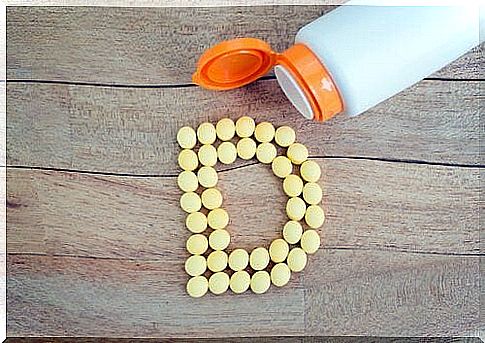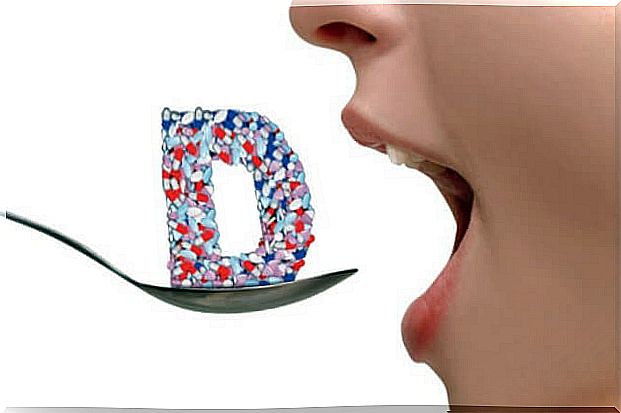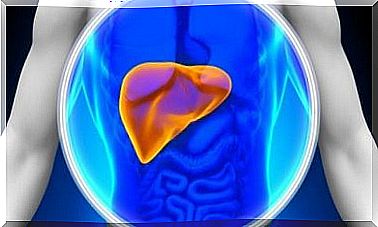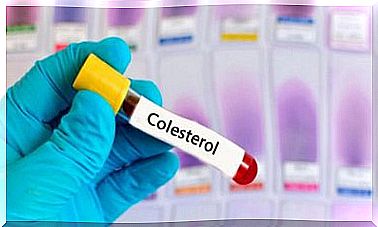Are You At Risk Of Suffering From Vitamin D Deficiency?

Our body needs vitamins, including vitamins D, and other minerals in order for us to perform our daily activities properly. Sometimes, however, the body has a deficiency in some vitamins and minerals. Many are at risk of suffering from vitamin D deficiency. Are you?

What is Vitamin D?
This is a fat-soluble vitamin that is used to store the adipose tissue in our body.
Its purpose is to aid the absorption of minerals such as calcium and phosphorus. These are essential and important for your body as they allow your bones to develop naturally and become strong.
In childhood, therefore, these minerals are very important. You could say that they actually produce your bones.
When there is a problem with this vitamin, you are more likely to suffer structural damage to the bones as well as experience bone tissue damage.
Without these minerals and this vitamin, the bones will become weaker over time and they will have a greater tendency to break down and take permanent damage.
Where does vitamin D come from?

There are many ways to get this vitamin. In this article, we discuss the best ways.
- In order for the body to produce this vitamin in a natural way, it is actually sufficient that you expose yourself to sunlight. This is one of the ways in which people can naturally get more D vitamins.
- Fatty fish are also a good source of vitamin D. Tuna, salmon and mackerel are just a few examples of fish with a high vitamin D content.
- Other foods that provide this vitamin are liver, egg yolk and cheese. But they give it only to a lesser degree.
- Fungi are another source of vitamin D. In fact, you can find a large amount of it in here, as precisely fungi have often been exposed to ultraviolet light.
As we mentioned earlier, sunlight produces the greatest amount of vitamin D.
There are not many foods that give off this substance in its natural form. For this reason, one often has to add various products. These enrich the foods so that your body can get what is needed.
Also read: 7 supplements you should take every day for ideal health
How much vitamin D do you need at your age?
How much vitamin D your body needs depends largely on how old you are.
Because of this, in the following, we address the required amount for a particular day . This is what you need to have according to your age to stay completely healthy.
- Newborn babies (up to 12 months) should have 400 IU
- For children from 1 to 13 years of age, the levels should be 600 IU
- For young people between 14 and 18 years. 600 IU is sufficient.
- For adults from 19 to 70 years and pregnant and lactating women, the amount is 800 IU
Are you at risk of suffering from vitamin D deficiency?
1. Babies can easily suffer from vitamin D deficiency

Babies when they are breastfed are one of the most affected population groups.
Breast milk does not contain a sufficient amount of vitamin D. Because of this, you should give your child a supplement of 400 IU once a day.
2. Elderly and dark-skinned people are also at risk

Due to their age , an older person’s skin no longer produces as much vitamin D from sun exposure. At the same time, their kidney capacity to convert the vitamin from its active form is less.
In addition, darker skin also produces less vitamin D from the sun.
3. If you have kidney problems or are overweight, you also have a greater risk of suffering from vitamin D deficiency.

With obese individuals, it is often seen that their body fat prevents the vitamins from reaching the blood in an effective way.
In addition, people with chronic kidney disease may also have difficulty assimilating or absorbing vitamins properly.
Also read: 4 signs that you are suffering from vitamin K deficiency
4. People taking certain drugs

Similarly, some drugs and types of medications can affect your ability to absorb vitamins D.
- Anticonvulsants and antifungals are medications that can cause difficulty with vitamin D absorption.
- Similarly, antiretroviral therapies for HIV can also cause problems with the assimilation of vitamins. Because of this, some supplements may be needed to achieve adequate levels of vitamin D.
Now that you know more about vitamins D, make sure you get enough of them and generally remember to take good care of your health.









